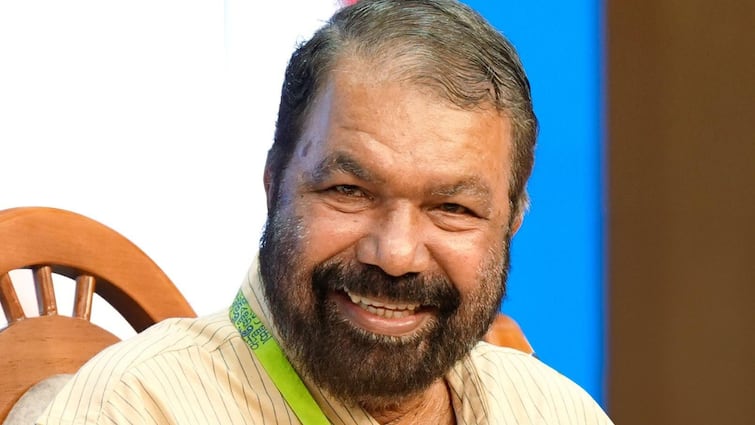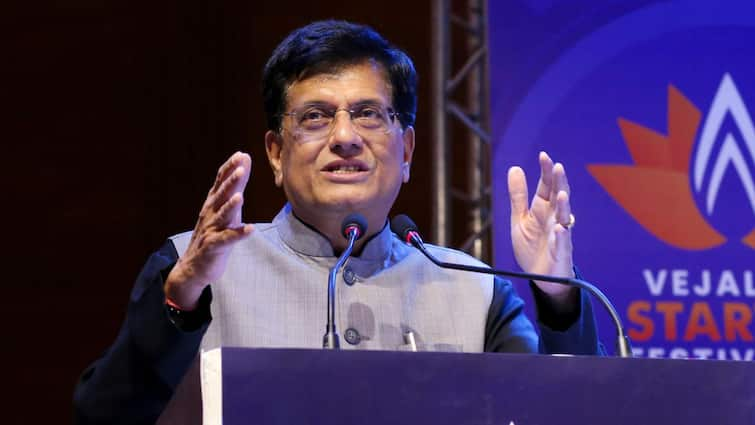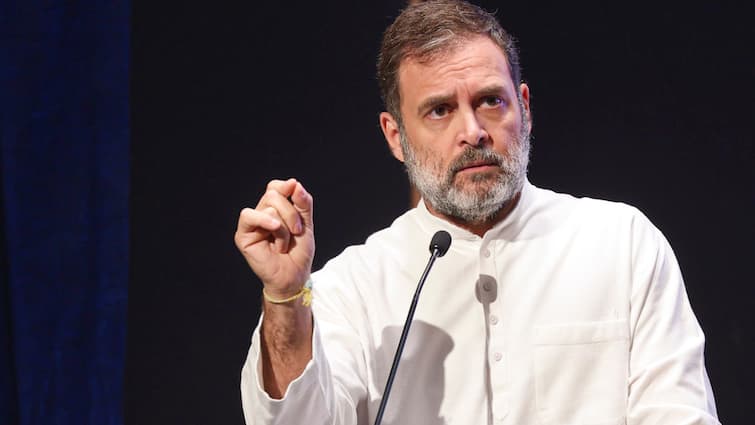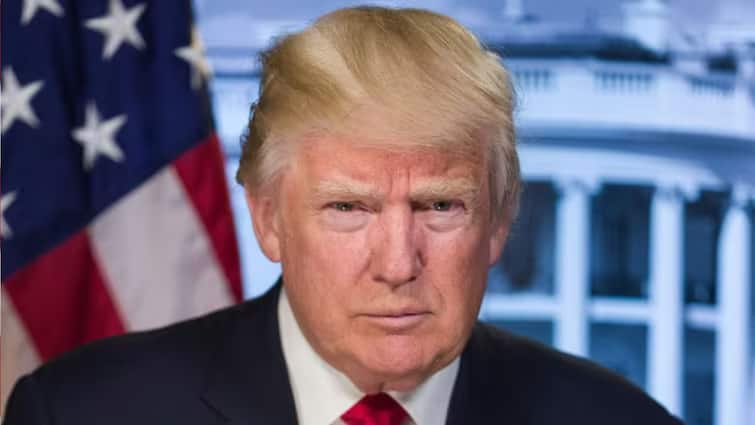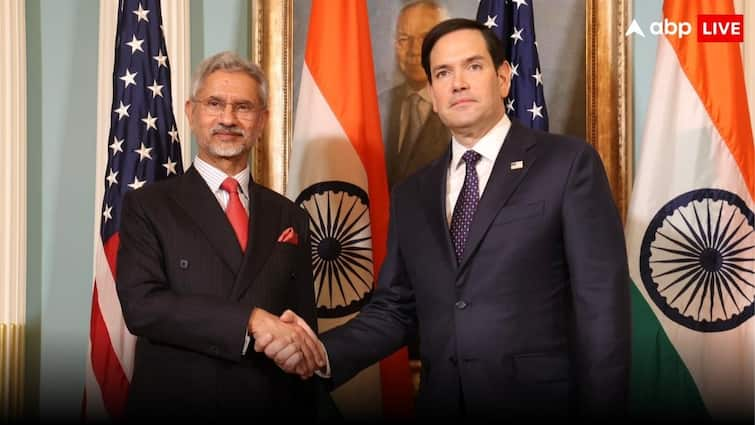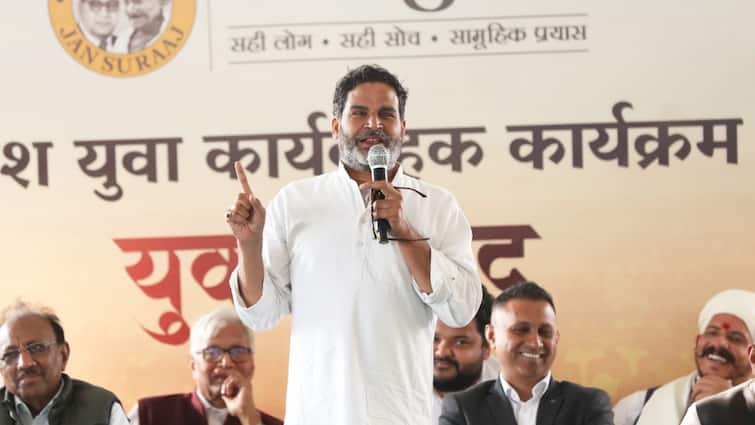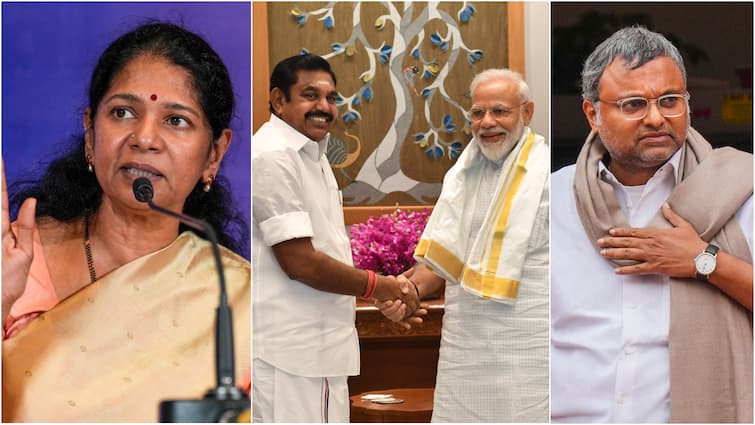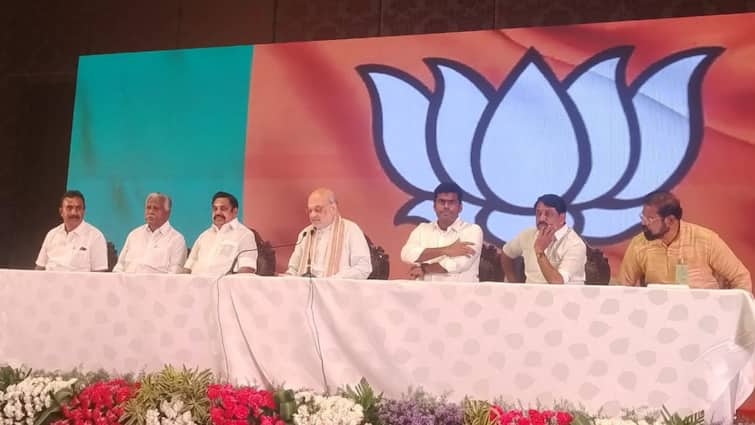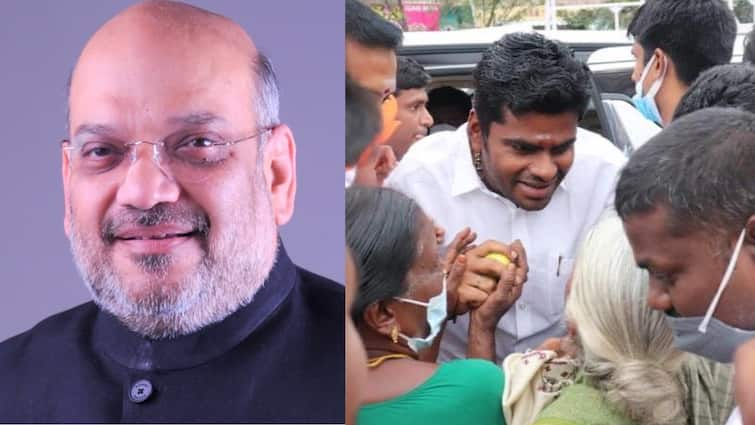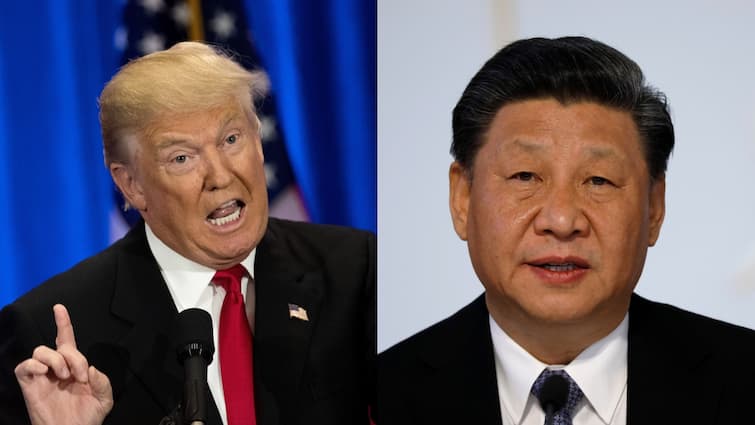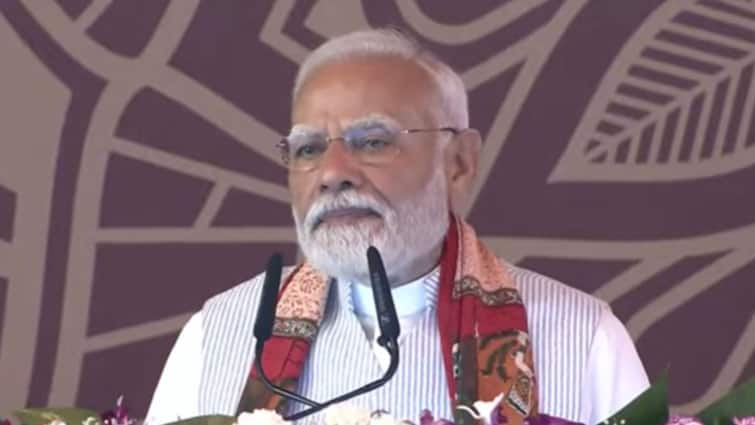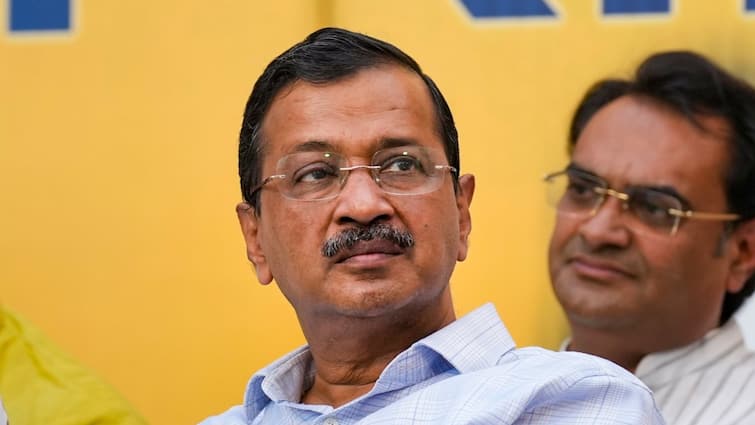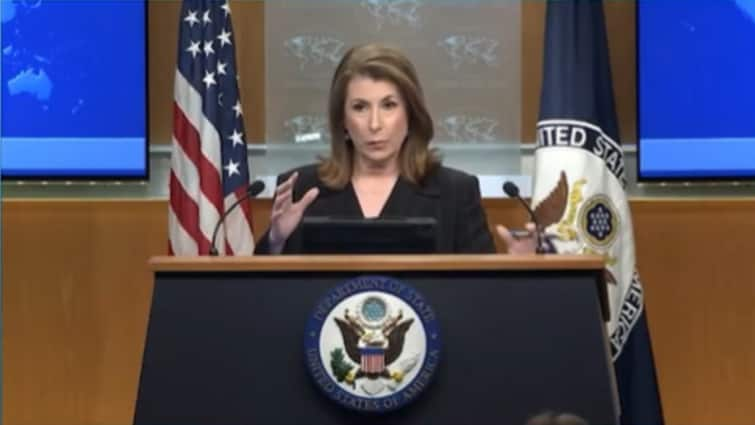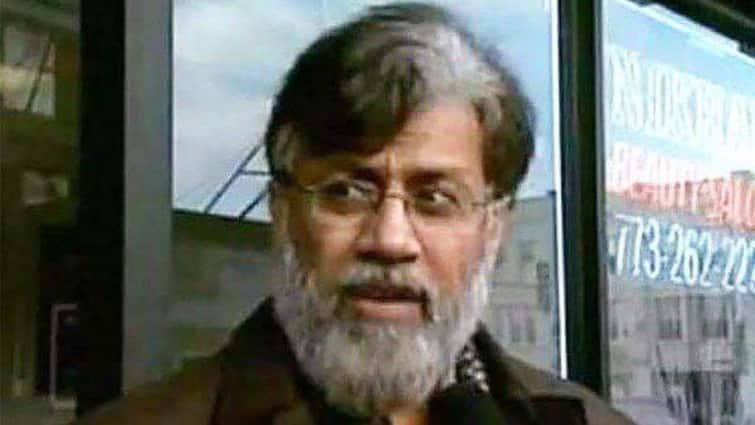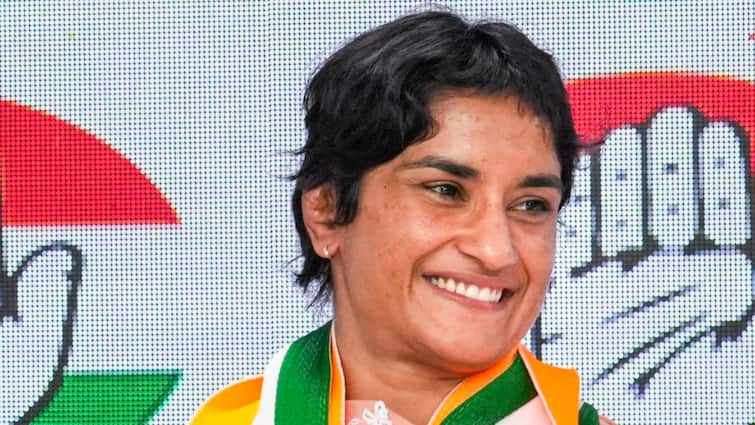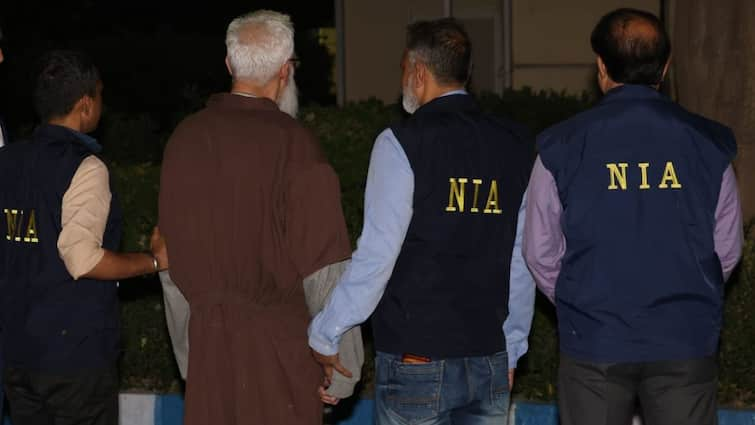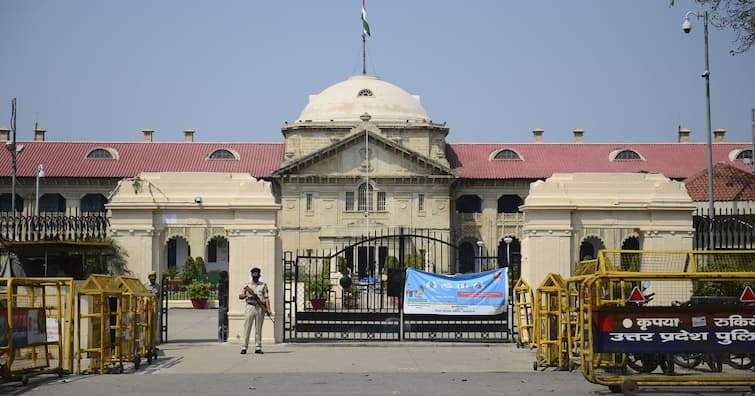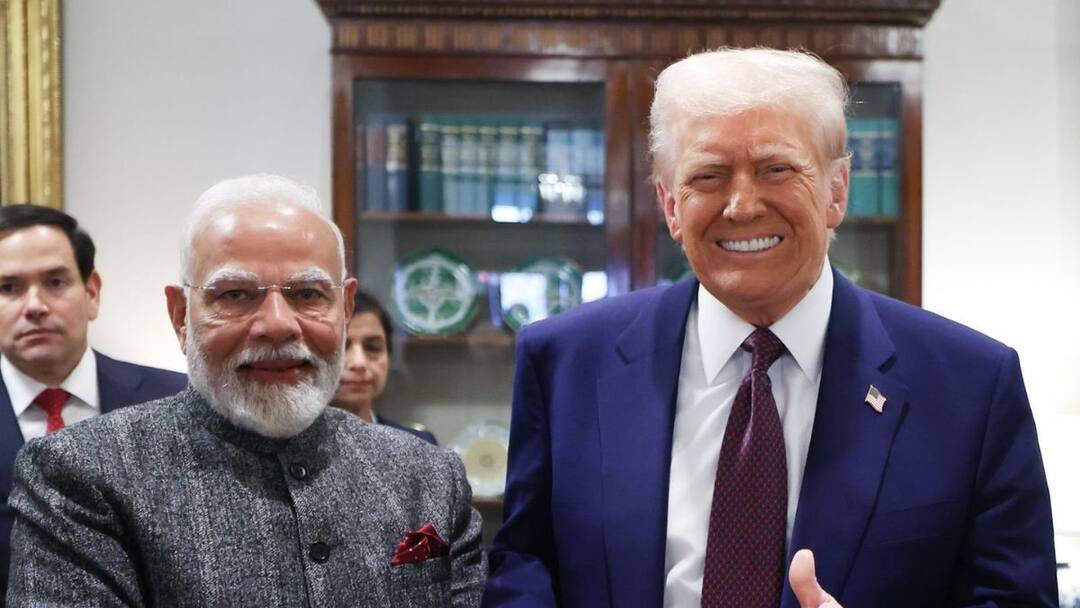
Key strategic and essential items, including pharmaceuticals, semiconductors, copper, and energy resources like oil, gas, coal, and LNG, are not subject to the 26 per cent import duty imposed by the US, as per the Global Trade Research Initiative (GTRI).
GTRI highlighted that the US’s protectionist tariff approach could potentially position India to benefit from shifts in global supply chains.
To capitalise on these opportunities, India needs to improve its ease of doing business, invest significantly in logistics and infrastructure, and ensure consistent and stable policy frameworks, the think tank stressed.
“If these conditions are met, India is well-positioned to become a key global manufacturing and export hub in the coming years. There are goods that will face zero tariffs and these include essential and strategic items such as pharmaceuticals, semiconductors, copper, and energy products like oil, gas, coal, and LNG,” said GTRI Founder Ajay Srivastava.
According to the Global Trade Research Initiative (GTRI), the US’s decision to impose higher reciprocal tariffs on several Asian nations, including China, Vietnam, Taiwan, Thailand, and Bangladesh, offers India a strategic opportunity to enhance its global trade and manufacturing footprint.
However, GTRI emphasised that these benefits won’t materialise automatically. India must undertake significant reforms to scale up production, add domestic value, and boost competitiveness, noted Srivastava.
With the US applying a relatively lower reciprocal tariff of 26 per cent on Indian goods—compared to 54 per cent on China, 46 per cent on Vietnam, 37 per cent on Bangladesh, and 36 per cent on Thailand—India holds a natural competitive edge in several key industries.
One promising sector is textiles and garments. The high tariffs on Chinese and Bangladeshi exports create space for Indian textile manufacturers to expand their market share, attract displaced production, and enhance exports to the US. India’s robust textile industry, coupled with these tariff advantages, could spur increased global demand and attract new investments.
Also Read: What Is A Reciprocal Tariff? Here’s How It Affects The Trade Relations Between Countries
Production-Linked Incentive Scheme
In the electronics, telecom, and smartphone sectors, countries like Vietnam and Thailand may lose cost competitiveness due to steep US tariffs, opening up opportunities for India. The country has already started boosting its electronics manufacturing through initiatives like the Production-Linked Incentive (PLI) scheme.
“The semiconductor space, while still dominated by technologically advanced players like Taiwan, also offers potential for India to capture parts of the value chain such as packaging, testing, and lower-end chip manufacturing,” he said.
A partial relocation of supply chains from Taiwan, driven by the 32 per cent US tariff, could benefit India if backed by strong infrastructure and policy support, the report added.
Similarly, sectors like machinery, automobiles, and toys, where China and Thailand currently have strongholds, are vulnerable to shifts prompted by tariff changes.
Currently, Indian goods face a 25 per cent tariff in sectors like steel, aluminium, and automobiles. For other products, a baseline tariff of 10 per cent will apply from April 5–8, after which a country-specific tariff of 27 per cent will take effect from April 9.
On April 2, US President Donald Trump announced a comprehensive tariff policy aimed at reducing the US trade deficit and promoting domestic manufacturing, impacting over 60 countries.
“Overall, the new policy imposes heavier duties on imports in order to rebalance trade, promote US manufacturing, and reduce reliance on foreign supply chains. The actual tariff a country faces depends on what it is exporting and how its trade practices align with US economic and national security interests,” Srivastava noted.
Doonited Affiliated: Syndicate News Hunt
This report has been published as part of an auto-generated syndicated wire feed. Except for the headline, the content has not been modified or edited by Doonited






